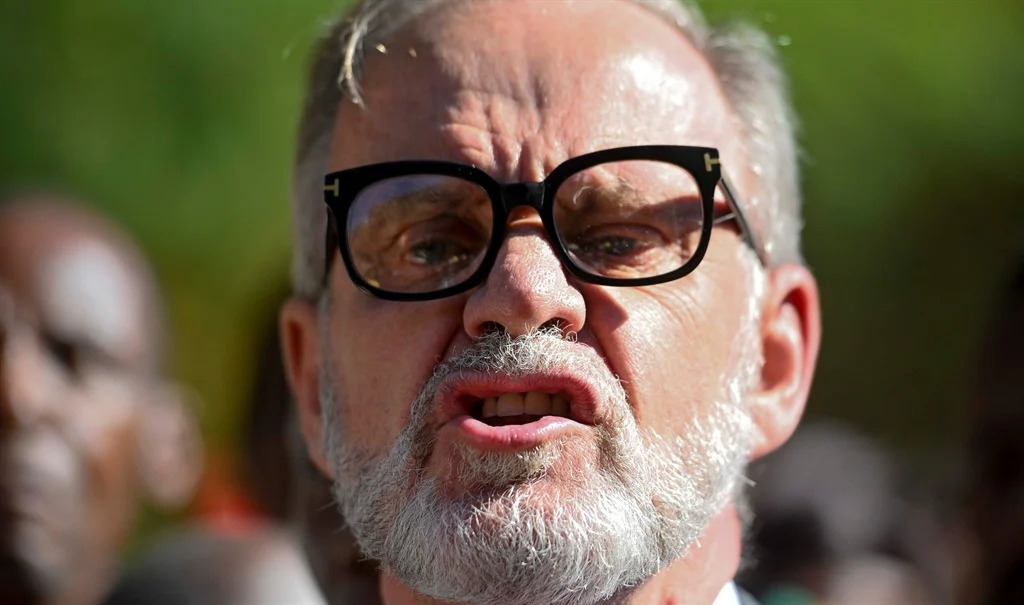GOVERNMENT needs to prioritise education, black economic empowerment (BEE), energy supply and local produce procurement if it wants to create a conducive environment for local business to thrive.
This was the overriding sentiment at a consultative dinner between the business community and President Hifikepunye Pohamba on Tuesday night, where the Namibia Chamber of Commerce and Industry (NCCI) outlined a number of areas where the private sector expected Government to up its performance.Speaking on behalf of the business community, NCCI Vice President Martha Namundjebo-Tilahun said that while the private sector was ready and willing to collaborate with Government in addressing Namibia’s economic challenges, it needed to grow and increase investment for such a contribution to be meaningful.And for this to happen, she said, a conducive business environment is critical.She noted however, that a number of obstacles were hampering the growth of the private sector. Among these, she highlighted the shortage of skills, saying this problem ‘forces businesses to source skills outside the country and we believe this is a short- to medium-term solution to skills shortage.’ She added that in this regard, the education system’s ability to produce critical skills was an urgent requirement, but also called on Government to improve the process of approving and issuing work permits, such that businesses could have faster access to skilled workers.She also pointed to the lack of a BEE policy as a prohibitive factor, calling on Government to prioritise its implementation.She said that if such a policy was well designed, it could address a number of bottlenecks in the economy. ‘We believe that black economic empowerment must focus on enterprise development; preferential procurement; skills development; sharing of ownership, management and control of the mainstreams of our economy as well as improving access to funding. It should be an intervention policy in our economy with a view to create wealth for the majority of Namibians and effectively address unemployment and poverty,’ she stated.Namundjebo further highlighted ensuring sustainable and reliable energy supply, improving and increasing dialogue between the private sector and Government to jointly review economic development, and providing tax incentives and procuring locally as challenges that needed to be urgently addressed.’Local production of any product will depend on the availability of markets and charity must start at home. We urge Government and private food distributors and supermarkets to seriously commit to procuring only locally produced products except where such products are not available locally in acceptable quality,’ she stated.President Pohamba in his turn, assured the business community that ‘growing the economy remains a top priority’ for the Government, adding that Government would ‘work to facilitate and support their (private sector) endeavours for the benefit of our people’.’Our aim is to expand and grow the sectors which can create jobs faster and make greater impact on the lives of the poor,’ Pohamba said, highlighting some of the achievements of Government this year in creating a sound environment for business activity.’We maintained macro-economic stability and achieved budget surpluses that made it possible to reduce public debt. We invested in infrastructure to stimulate economic activities and strengthened state machinery to combat crime, theft and corruption,’ he said. Pohamba also stated that Government is ‘actively working on enhancing administrative efficiencies to promote business development’. In this regard, he noted the review of the Foreign Investment Act of 1990, the ongoing drafting of the Transformational Economic and Social Empowerment Framework (TESEF), the priority on export promotion and development of new markets, and the acceleration of business development as some pertinent examples.Pohamba also highlighted the impact that the financial crisis has already had on Namibia, stating that the Government has tried to mitigate the impact of the crisis through increasing capital spending by about N$4 billion in the current national budget, with much of this money going towards infrastructural development as a means to creating more jobs.He finished off by assuring the private sector that as ‘the engine of growth’, its role is paramount, and called on the business community to ‘redouble your efforts and those of your respective companies to make Vision 2030 a reality.’nangula@namibian.com.na
Stay informed with The Namibian – your source for credible journalism. Get in-depth reporting and opinions for
only N$85 a month. Invest in journalism, invest in democracy –
Subscribe Now!










